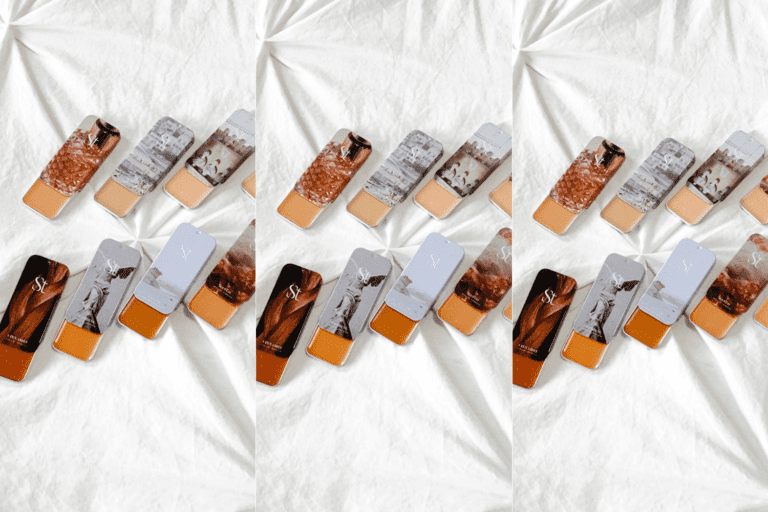8 tips for healthy grilling

PAHs are created when fat and juices from meats drip onto charcoal or open flames, causing smoke and flares. They can also appear when smoking, frying, or deep-frying.
Various factors, including cooking temperatures, cooking method, type of protein, and duration of cooking time, create different types of HCAs. But this doesn’t mean you need to ditch the grill or that the occasional burger will put you into an early grave. Experience Life has assembled these grilling tips to help reduce the risks of carcinogens in your food at your next cookout.
1) Grill with gas
The smoky flavors that charcoal infuses into grilled meats are undeniably delicious, but cooking with gas is the healthier option. The simple reason? Charcoal burns hotter, and cooking with high heat is where the danger lies. Gas grills are also easier to control, so you can fret less about over- or undercooking your meat.
2) Keep it clean
Proper care of your grill extends its life and ensures you’ll be happily grilling away for years to come. But there are also health benefits to keeping your grill and tools clean.
Charred pieces of food build up on grill grates, drip pans, and burners. Cleaning every part as thoroughly as you can helps remove food debris and prevent smoke, ash, and flare-ups — all of which can cause carcinogens to wind up on your food.
Another benefit of a clean grill? A lower risk of foodborne illnesses. No one wants steak with a side of salmonella.
3) Grill more plants
Satisfy your cravings for chargrilled eats by tossing a handful of mushrooms, peppers, and zucchini onto the grill. HCAs and PAHs don’t form when grilling vegetables.
You can swap out a T-bone for a cauliflower steak. Or thread segments of corn on the cob, eggplant, and onions (or anything you like) onto a skewer with chunks of tenderloin or chicken for a clever way to grill more vegetables without forgoing your favorite cuts of meat.
You can also mix things up by grilling fruits (try these grilled peaches topped with almond cream to start). The sugars in fruit caramelize beautifully on the grill, providing a rich counterpoint that elevates the flavors on your plate — especially when paired with spice. Grilled fruits make for gourmet ingredients in summery cocktails and mocktails too.
Eating more plants in general is ideal for supporting a healthy diet.
4) Pick the right protein
We’d all do better to limit our intake of processed meats. While staples like hot dogs and sausages often lead the lineup at backyard barbecues, some researchers have linked processed meats with an increased risk of cancer.
The solution? Stick with fresh cuts of red meat, like steaks and ribs, or opt for poultry or seafood. Grilling poultry and fish at high temperatures can create some carcinogens, but the harmful toxins don’t form to the same degree as in red meat. Heart-healthy salmon, trout, mackerel, and other fatty fish are excellent choices for the grill.
5) Trim the fat
Slicing excess fat from meat means there’s less fat to drip down onto coals or open flames, resulting in less smoke and flares — and, in turn, fewer carcinogens.
Choosing lean proteins is another simple, smart trick for avoiding carcinogen formation.
6) Marinate the meat
Allowing proteins to marinate infuses them with flavor; acids and enzymes in ingredients like yogurt, citrus, and ginger tenderize the meat. More important, some marinades can help significantly reduce the formation of HCAs when grilling.
Experimenting with marinades packed with herbs and spices is a marvelous way to flex your culinary creativity while reaping the benefits of the antioxidants and polyphenols found in fragrant ingredients like rosemary, sage, clove, and cinnamon.
7) Try a new tool
Instead of laying proteins directly on the grill grate, cook them in a cast-iron skillet on your grill top. Using cast-iron cookware boasts a trove of benefits: A properly seasoned cast-iron skillet is essentially nonstick and free from dubious chemicals and coatings, and it’s a great vessel for cooking smaller cuts of meat, delicate fish, and chopped veggies.
On the grill, the skillet forms a barrier between your food and the rising smoke, potentially lowering the carcinogenic risk.
Stainless steel flattop grills are another option. Because they’re flame-free, you needn’t worry about flares and fat dripping onto the coals. Flattop grills have the added benefit of heating food evenly and offering foolproof temperature control. Just mind the amount of oil you use — you won’t need nearly as much with a flattop as you would with a grated grill.
8) Avoid charring
Charring causes HCAs to form on animal proteins, whether you’re barbecuing, grilling, or flame broiling. So, think twice before grilling that rib-eye until it’s blackened or well-done. A general rule of thumb: Cook low and slow.
This story was produced by Experience Life and reviewed and distributed by Stacker Media.






